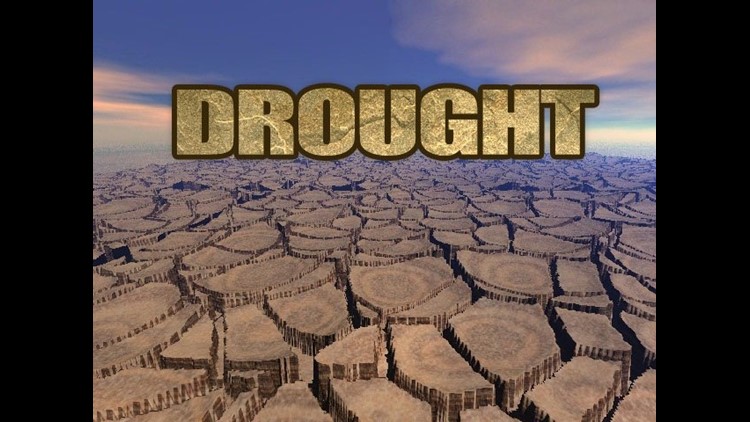(CNN) — Extreme natural events, not man-made climate change, led to last summer’s historic drought in the Great Plains, a new federal study said Friday.
Drought occurred in six Plains states between last May and August because moist Gulf of Mexico air “failed to stream northward in late spring,” and summer storms were few and stingy with rainfall, said a report by the National Oceanic and Atmospheric Administration.
“Neither ocean states nor human-induced climate change, factors that can provide long-lead predictability, appeared to play significant roles in causing severe rainfall deficits over the major corn producing regions of central Great Plains,” the report summary said.
The drought in Wyoming, Colorado, Kansas, Nebraska, South Dakota and North Dakota was the worst since record keeping began in 1895, even eclipsing the notorious Dust Bowl droughts of 1934 and 1936, said study leader Martin Hoerling, a NOAA meteorologist.
“The event was rare, and we estimated maybe a once in a couple of hundred years event,” Hoerling said. “But for as extreme as it was, it didn’t have any strong indications for early warning.
“It’s highly unlikely that this upcoming May to August will be as dry as last year’s,” he added, referring to the six states.
Though he believes in global warming, Hoerling said greenhouse gas concentrations weren’t behind the heat wave in the Midwest region.
“I’m an advocate of global warming because science tells me that greenhouse gases have warmed the planet by about 1 degree Celsius in the last 100 years. So there’s no question about that,” he said. “But the science also tells that every drought that’s occurring isn’t a result of climate change.”
Last summer’s dryness had caused at least $12 billion in economic losses, as of last July, before the drought peaked, the study said. Crop yields and commerce on major rivers fell during the sweltering weather, the report said.
“It remains to be seen if the economic effects of the 2012 drought will approach prior events, including the 1988 drought that inflicted $78 billion in losses and the 1980 event that caused $56 billion in losses (adjusted for inflation to 2012 dollars),” the report said.
The study was prepared by 20 scientists from several universities and NOAA. “It was highly vetted through a review process,” Hoerling said of the study.



